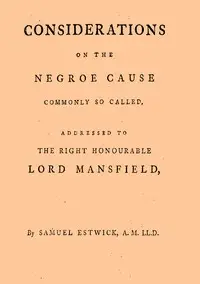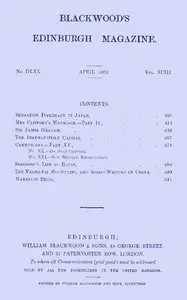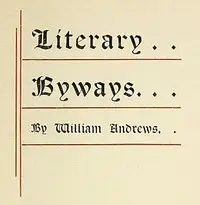"Political Thought in England from Locke to Bentham" by Harold J. Laski is a historical exploration of British political thinking from the late 1600s to the 1700s. Beginning with the pivotal Revolution of 1688, the book charts the move away from the idea that kings ruled by divine right, focusing on thinkers like John Locke and Jeremy Bentham. Locke's ideas about natural rights and the social contract changed how people thought about government and freedom and greatly impacted later political movements. The absence of widespread political thinking is weighed, which sets the stage for new ideologies to appear as society changed. Laski's historical account offers a critical look at how philosophical arguments played a role in shaping governance and individual freedoms during this period.

Political Thought in England from Locke to Bentham
By Harold J. (Harold Joseph) Laski
Witness the dramatic shift from absolute monarchy to the rise of individual rights and democratic ideals through the groundbreaking ideas of England's most influential political thinkers.
Summary
About the AuthorHarold Joseph Laski was an English political theorist and economist. He was active in politics and served as the chairman of the British Labour Party from 1945 to 1946 and was a professor at the London School of Economics from 1926 to 1950. He first promoted pluralism by emphasising the importance of local voluntary communities such as trade unions. After 1930, he began to emphasize the need for a workers' revolution, which he hinted might be violent. Laski's position angered Labour leaders who promised a nonviolent democratic transformation. Laski's position on democracy-threatening violence came under further attack from Prime Minister Winston Churchill in the 1945 UK general election, and the Labour Party had to disavow Laski, its own chairman.
Harold Joseph Laski was an English political theorist and economist. He was active in politics and served as the chairman of the British Labour Party from 1945 to 1946 and was a professor at the London School of Economics from 1926 to 1950. He first promoted pluralism by emphasising the importance of local voluntary communities such as trade unions. After 1930, he began to emphasize the need for a workers' revolution, which he hinted might be violent. Laski's position angered Labour leaders who promised a nonviolent democratic transformation. Laski's position on democracy-threatening violence came under further attack from Prime Minister Winston Churchill in the 1945 UK general election, and the Labour Party had to disavow Laski, its own chairman.














